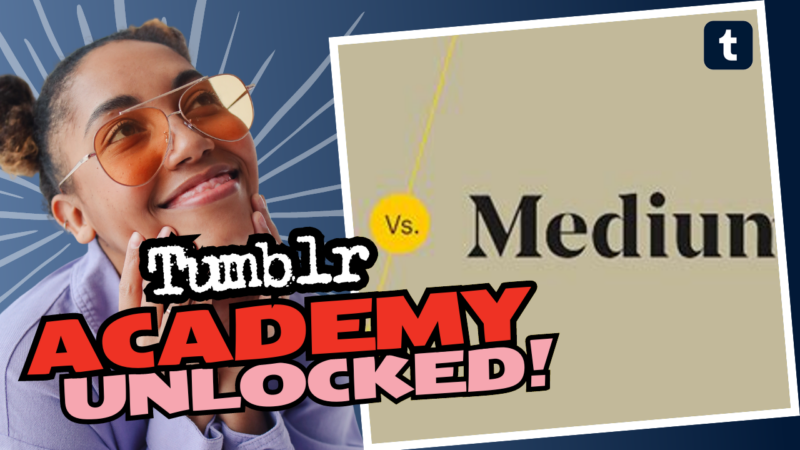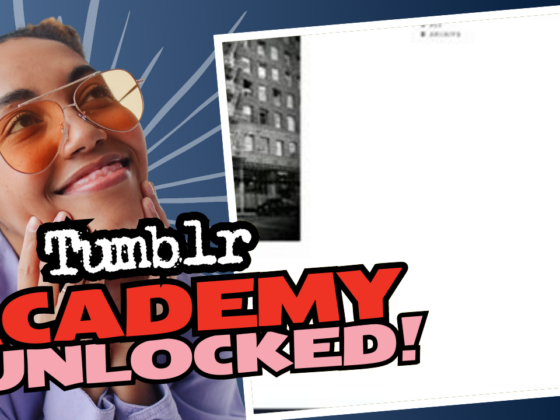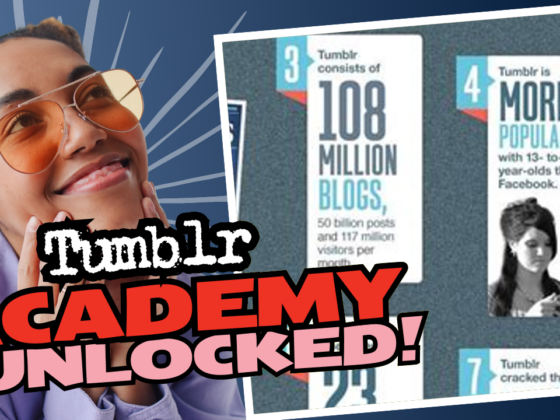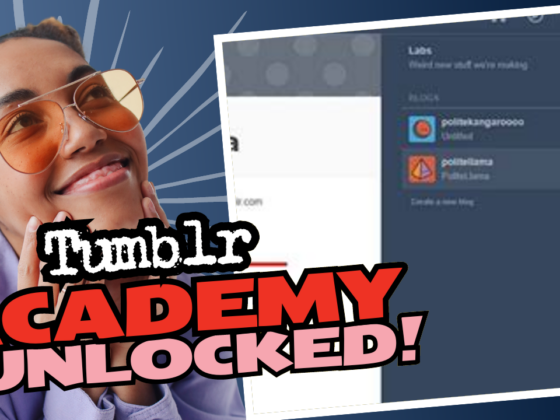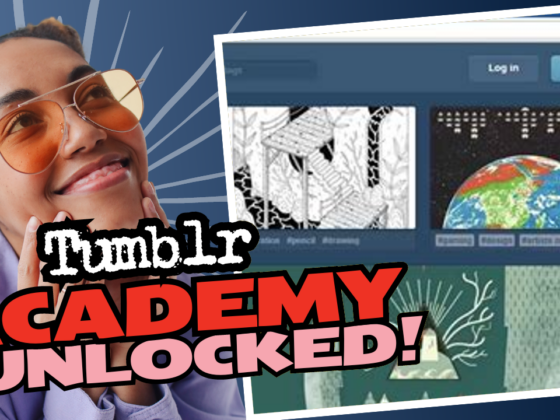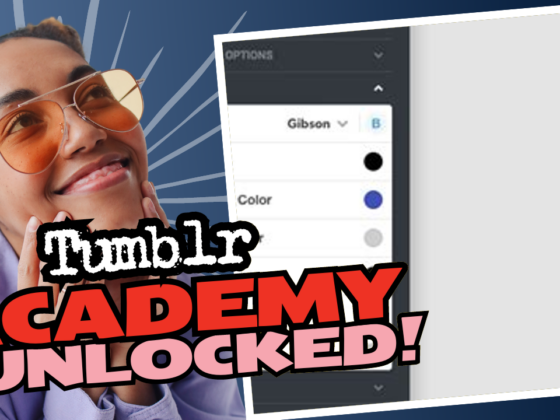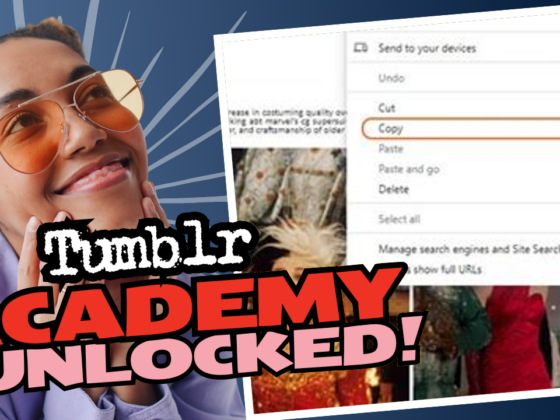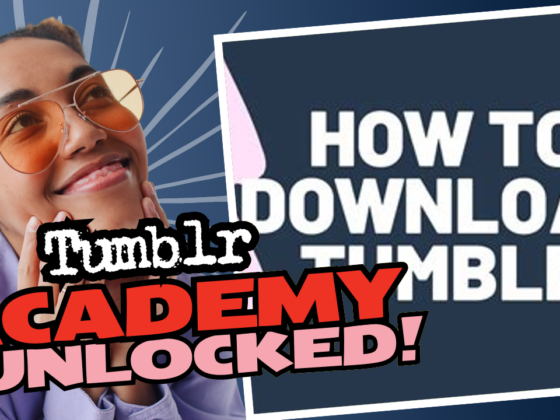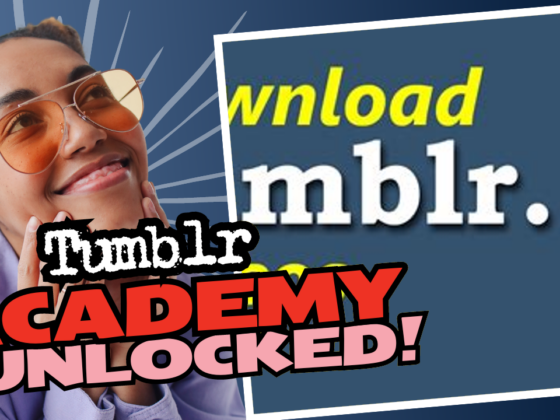Can You Post to Tumblr and Medium? Let’s Dive In!
So, you’re pondering whether to unleash your brilliant ideas on both Tumblr and Medium. Before you dive into the creative waters, let’s get our feet wet with some practical insights and maybe a splash of sarcasm (because why not?).
Short Answer: Yep, you can post to both! But whether you should is where the fun begins. Let’s break it down, shall we?
The Good, the Bad, and the Ugly: Tumblr
Imagine a digital playground—colorful, chaotic, and infamously known for cat memes. That, my friend, is what Tumblr offers.
Pros of Tumblr:
- Fun and Easy to Use: Building a blog on Tumblr is like assembling IKEA furniture—it’s simple, but sometimes you wonder if you missed a step. You can engage with a light-hearted community while sharing your content.
- Customizable Themes: One of the shining beacons of hope (if there are any) is the ability to edit your HTML theme. Want to transform your blog into a masterpiece? Go for it! Just watch out for your themes looking like they time-traveled from 1999.
- Built-in Audience: Tumblr comes preloaded with users ready to scroll through a buffet of content. So, while you might face some competition from posts featuring kittens wearing tutus, your content could still reach eager eyes.
Cons of Tumblr:
- Sensitivity to Content: You’re at the mercy of Tumblr’s whims! Publish something that doesn’t fit their seemingly random guidelines? Boom! You could find yourself banned faster than you can say “censorship.”
- Search Engine Ranking? Good Luck: Trying to get your Tumblr blog to rank on Google feels like chasing a unicorn. The odds aren’t in your favor, as the platform isn’t optimized for SEO like some of its competitors.
- Communal Vibe: Tumblr feels more like a social media tool rather than a serious blogging platform. If your content lacks that visual pizazz, you might be met with crickets instead of applause.
In conclusion: While Tumblr can be a quirky platform for sharing visual content, it’s not the top choice for serious blogging, primarily because you’re essentially a user, and they own your content. But hey, if you’re just looking to share and engage with a laid-back audience, why not give it a whirl?
Medium: A Different Flavor
Now, let’s shimmy over to Medium. This platform positions itself more as a serious writing space, kind of like that cozy café where you can sip coffee and accidentally write the next great American novel.
Pros of Medium:
- Thoughtful Community: Medium feels like a haven for thinkers and writers. You can find readers ready to engage with well-crafted narratives rather than an endless scroll of memes.
- Built-in Distribution: They have an algorithm that highlights good content, putting you in front of broader audiences. So, if your content resonates, it could see more engagement than your average Tumblr post.
- Counter to Clickbait: Medium actively tries to prevent clickbait and junk content. It’s all about elevating quality writing, something you don’t often find on platforms with an emphasis on quick scrolls and catchy headlines.
Cons of Medium:
- Content Ownership: Just like Tumblr, your content is not really yours. If Medium suddenly goes full-on dinosaur extinction mode, good luck retrieving your brilliant prose.
- No Customization: Unlike Tumblr’s HTML-ready canvas, Medium limits your design options. Your blog will look just like everyone else’s, which can cramp your creative style.
- Monetization Matters: If you’re considering turning this blogging gig into a moneymaker, note that Medium’s paywall structure can complicate things. You’ll end up needing a sizeable readership to earn anything from your writing efforts.
In Summary: Medium shows up as a more polished, professional option for serious writers and thinkers but, again, you have no control over your content.
Cross-Promotion: The Smart Way to Play
So, you’re resolute on getting your ideas out there using both platforms—great decision! Because why not tap into the different vibes each site offers?
Here’s Where Cross-Promotion Comes Into Play:
Imagine your main blog as your cutesy little house on the internet. Now, what if you used Tumblr and Medium as your flashy billboards, drumming up traffic back to your warm, cozy digital abode? Voilà! Cross-promotion at its finest.
Consider this:
- Link, Link, Link! Whenever you create a new post, share it on Tumblr and Medium with a compelling hook. Give readers a reason to click over to your site and keep engaging.
- Engage with Communities: Build a presence in both platforms’ communities. Interaction leads to visibility—comment, respond, and sprinkle in some love while promoting your content.
- Use Social Media for Extra Traffic: Don’t forget about social platforms like LinkedIn, Twitter, and Facebook. Share your Tumblr and Medium posts on your social networks to broaden your audience even more.
- Email Marketing Magic: If your main site has a newsletter (and it should), feature excerpts of your Tumblr or Medium articles, driving your audience to read the full posts.
The Ultimate Takeaway
Ultimately, whether you choose to post on Tumblr, Medium, or both boils down to your goals. Are you looking to connect with a visual audience? Go for Tumblr. Do you want a platform that promotes thoughtful writing? Medium’s your jam.
However, neither of these platforms should be your only properties. If you’re serious about blogging and want complete control while retaining ownership, investing in your own domain and a self-hosted WordPress site is the golden ticket.
Here’s a spicy reminder: You don’t pay, you don’t gain. The free platforms come with inherent drawbacks, like limited control and ownership over your content. If you care about the long-term viability of your blog, consider fork out less than the cost of your next fancy coffee a month and snag a domain and some hosting.
In the end, whether you’re just having fun or plotting to become the next J.K. Rowling, make sure you choose platforms that best align with your creative vision. Happy blogging! Go out there and shake the digital world with your brilliance!

